Select your pokie machine
You'll never see them the same way again.
Click on the grey dots below to reveal their inner secrets...
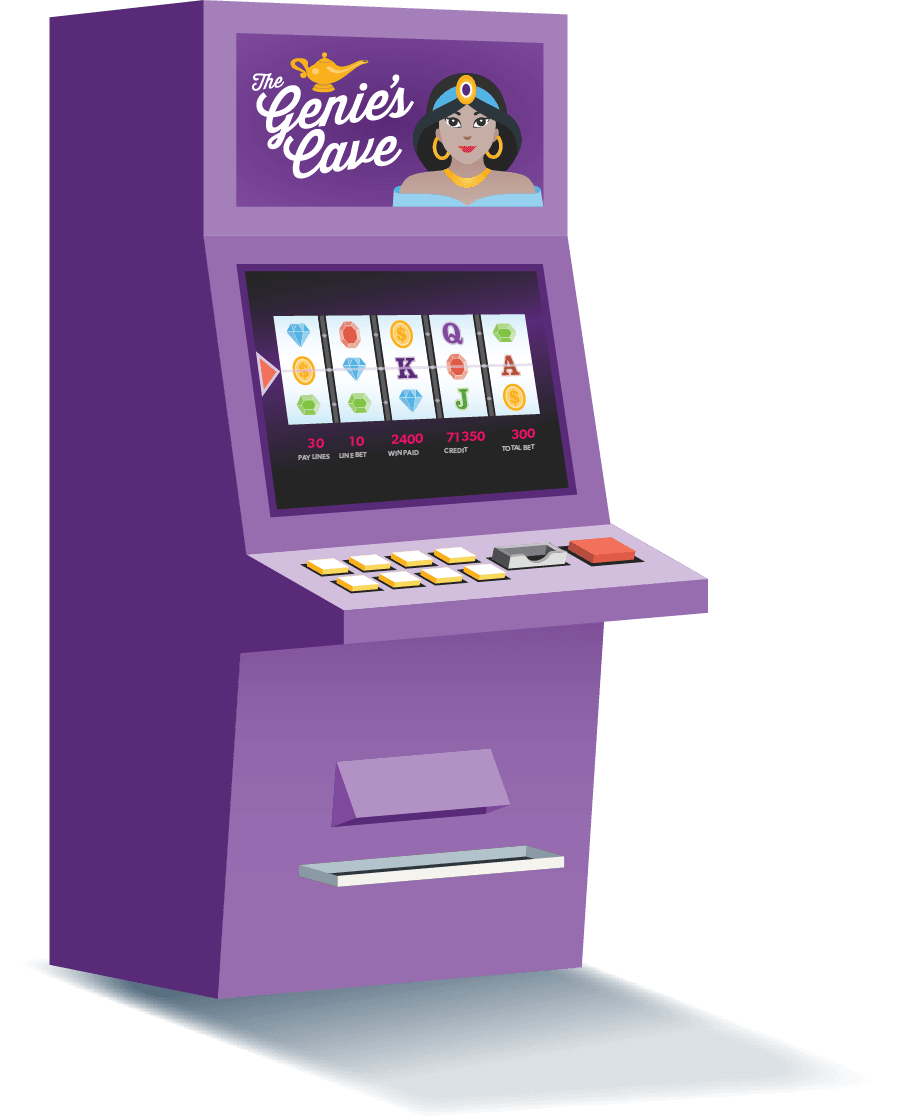
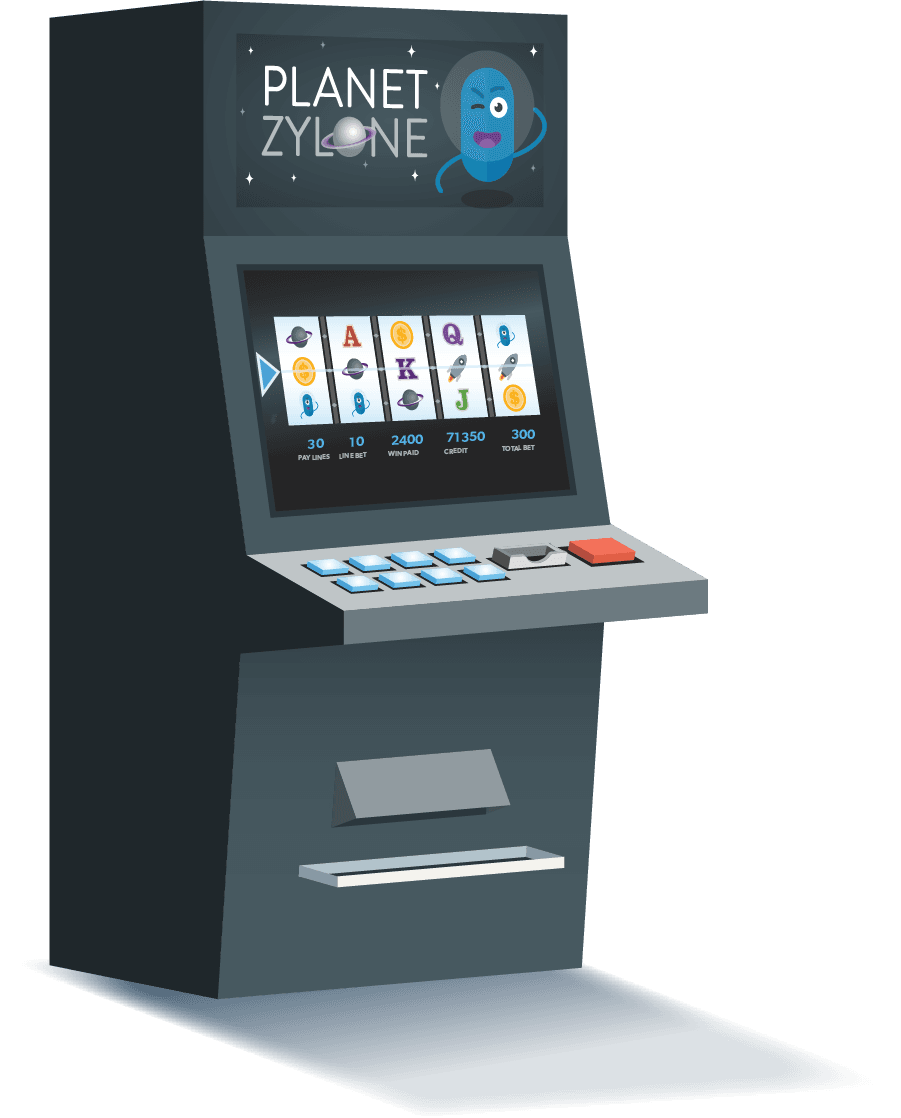
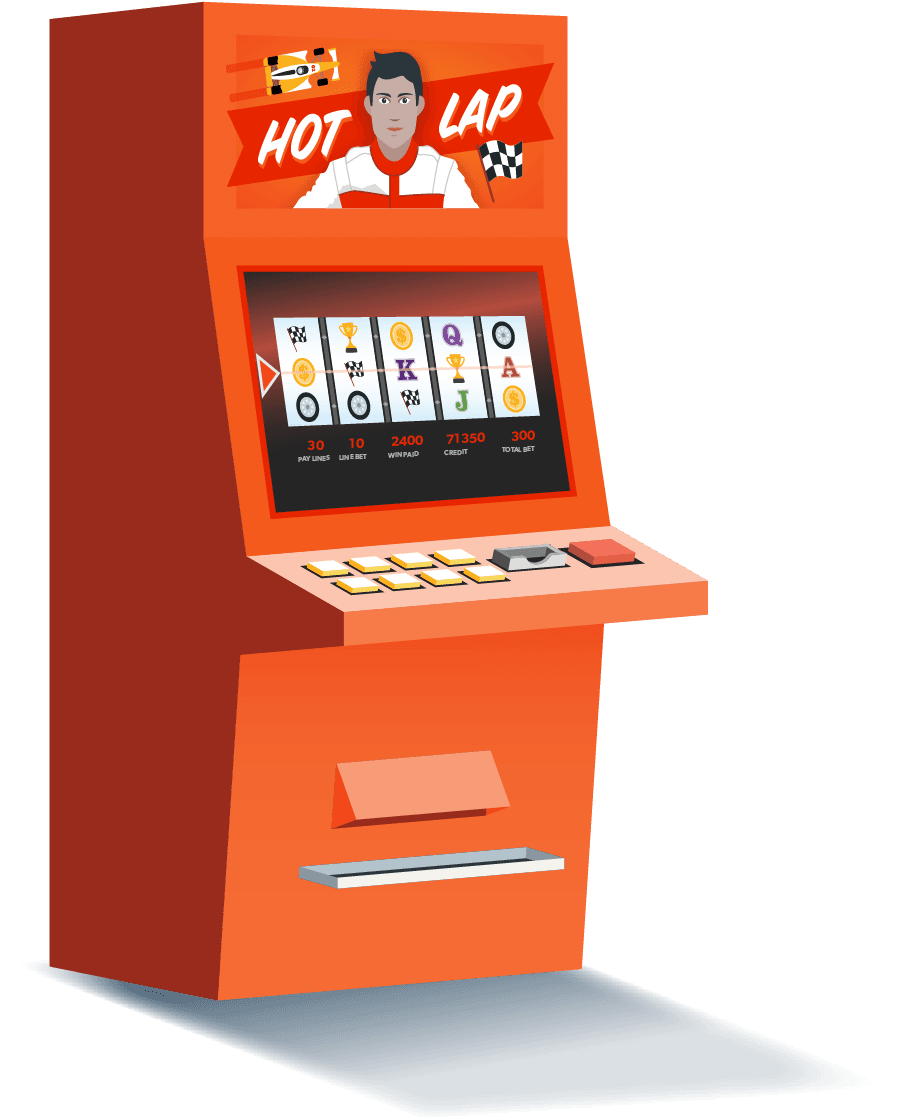
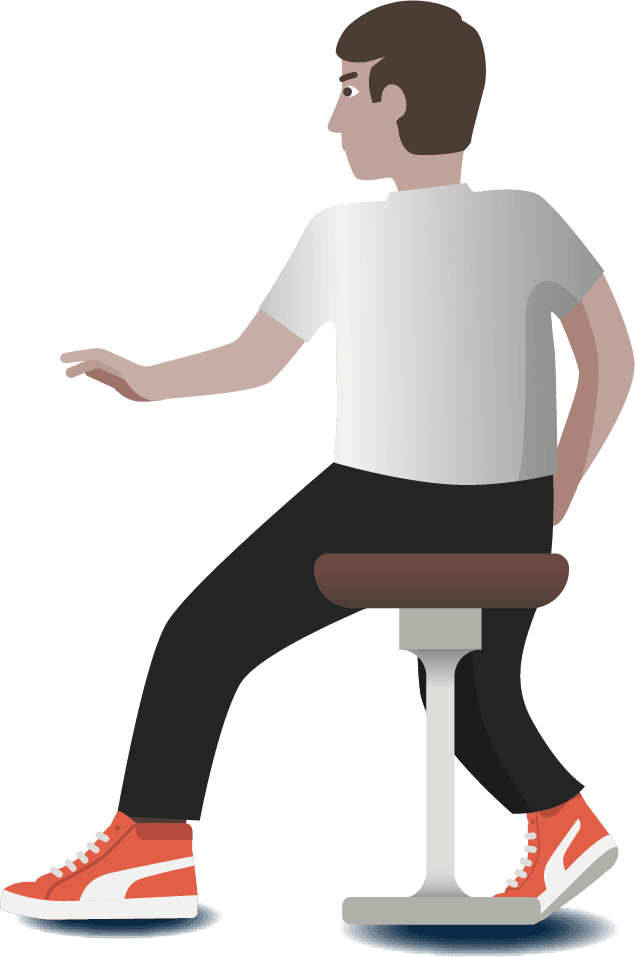
-
Resetting the machine?
-
Why are pokies so addictive?
-
He's looking at you kid
-
Cabinet
-
Can you feel the Rhythm?
-
Did you say Dopamine?
-
Speed is not your friend.
-
Video screen graphics - if looks could thrill!
-
OK Computer
-
Confused by multi-line betting?
-
At your fingertips
-
The reels aren't real.
-
Losses disguised as wins
-
If it sounds too good to be true, it usually is!
-
Buttons galore!
-
Hopper
-
Meters
-
What are the odds/chances of winning?
-
Time is money
-
Insert $1: what can you expect to get back?
-
Skill or chance?
-
Note & Coin Acceptor
-
False patterns
-
Door Alarm
-
That’s random
-
Coin Tray
-
Comfy chair?
-
In the zone!
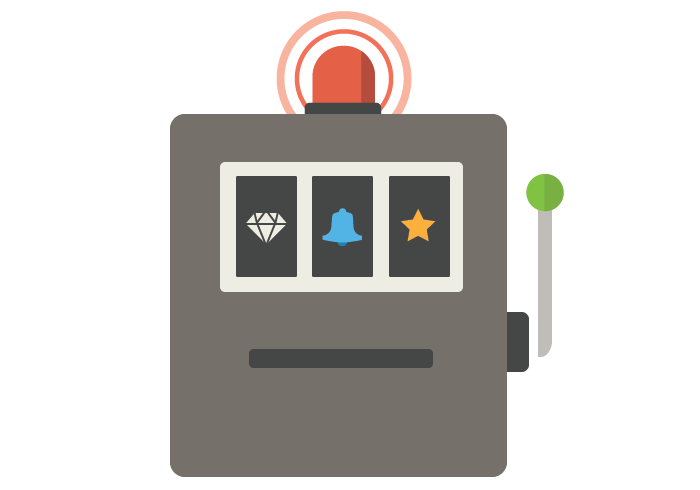
Every machine will ALWAYS take in more money than it pays out, that’s its whole purpose.
Many gamblers wrongly think if they sit at the same machine or if they haven’t won for a while that they are due for a win or that machine is due to pay out. Jackpot rates are based upon hundreds of thousands or even millions of spins, so they don’t reflect what will happen on a particular day in a particular venue. Every spin is random. The machine doesn’t take into account how long you’ve been sitting there or how much money you’ve put in.
On top of this, machines give the impression that you have almost won - so you keep playing. A loss is a loss and the symbols displayed above or below the payline have nothing to do with how close you were to winning the jackpot.

Are free spins really free?
Free spins are another feature of machines to keep you interested by making you think you’re getting close to a bigger win. They give you the feeling that you are doing better than you really are. Small wins like free spins are designed to keep you playing for longer with the aim of returning the most money to the pokie owner.

Are you really winning?
And then there’s false wins. For example - this is where you may spend $1 per push, and you win back 40 cents. The machine will have lights and sounds that make it seem like you’ve won, when actually you’ve still lost money. Machines will also celebrate any win regardless of the total amount you’ve gambled over the session. More often than not, the total amount spent will be more than you win, so on the whole, you lose.
If you choose to play online pokies, be wary of high payout rates. If they seem too good to be true, they probably are. Most online pokies sites/apps encourage you to give them a go with free trials or lessons. Once they get you hooked, they will invite you to buy real credits. The free trials or practice sessions often to pay out credits more often than the real game. This can lead to false ideas about how often you will win.
In New Zealand there is one pokie machine for every 211 people
On average each machine will take $125 out of its players pockets every day of the year.
Scary numbers
- The NZ ratio of pokies to people in well-off areas is 1 to 465, but the ratio of pokies to people in poorer areas is 1 to 76!
- On some cruise ships there is one pokie machine per five passengers!
- If all the money that went into pokie machines was in two dollar coins, the annual total would weigh nearly as much as two Titanics!
Did you know?
- A pokie near-miss will trigger the same areas in your brain as if you had really won. These are also the same areas which are involved in drug addiction!
- No matter what you do to a pokie machine, you cannot change what it is programmed to do. A pokie machine is a computer designed to take in more money than it pays out; there is no skill or trick to cheat it.